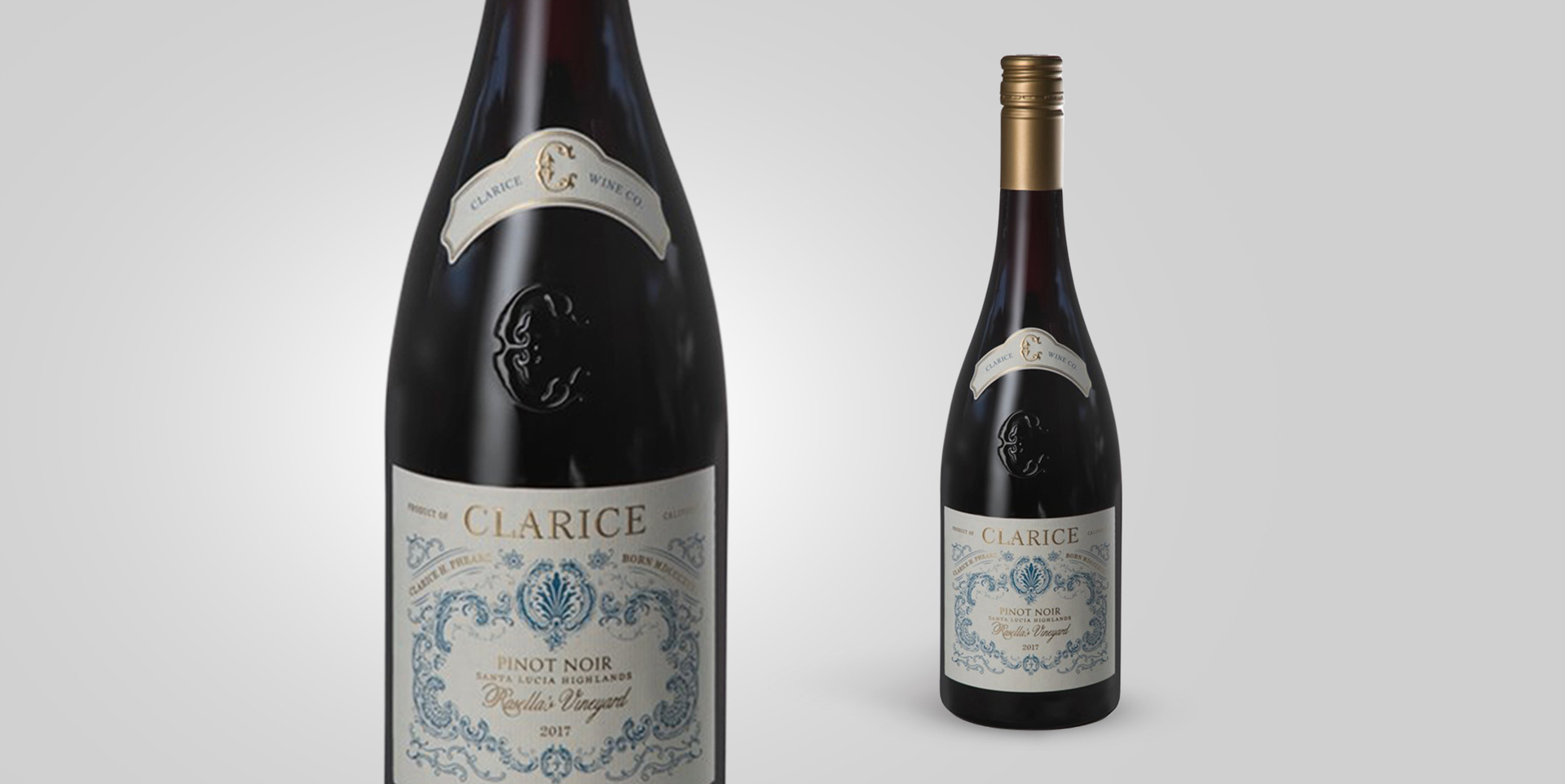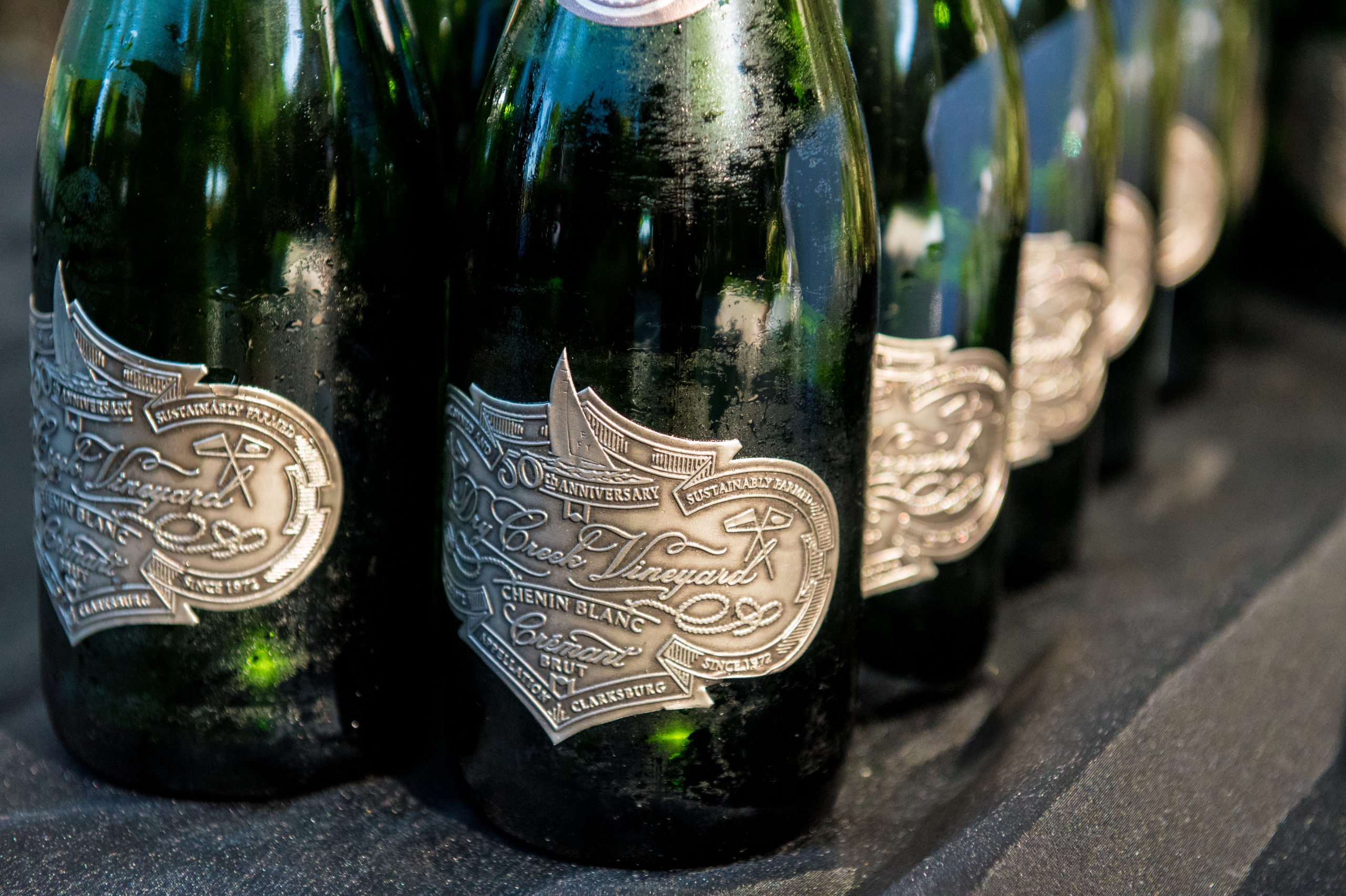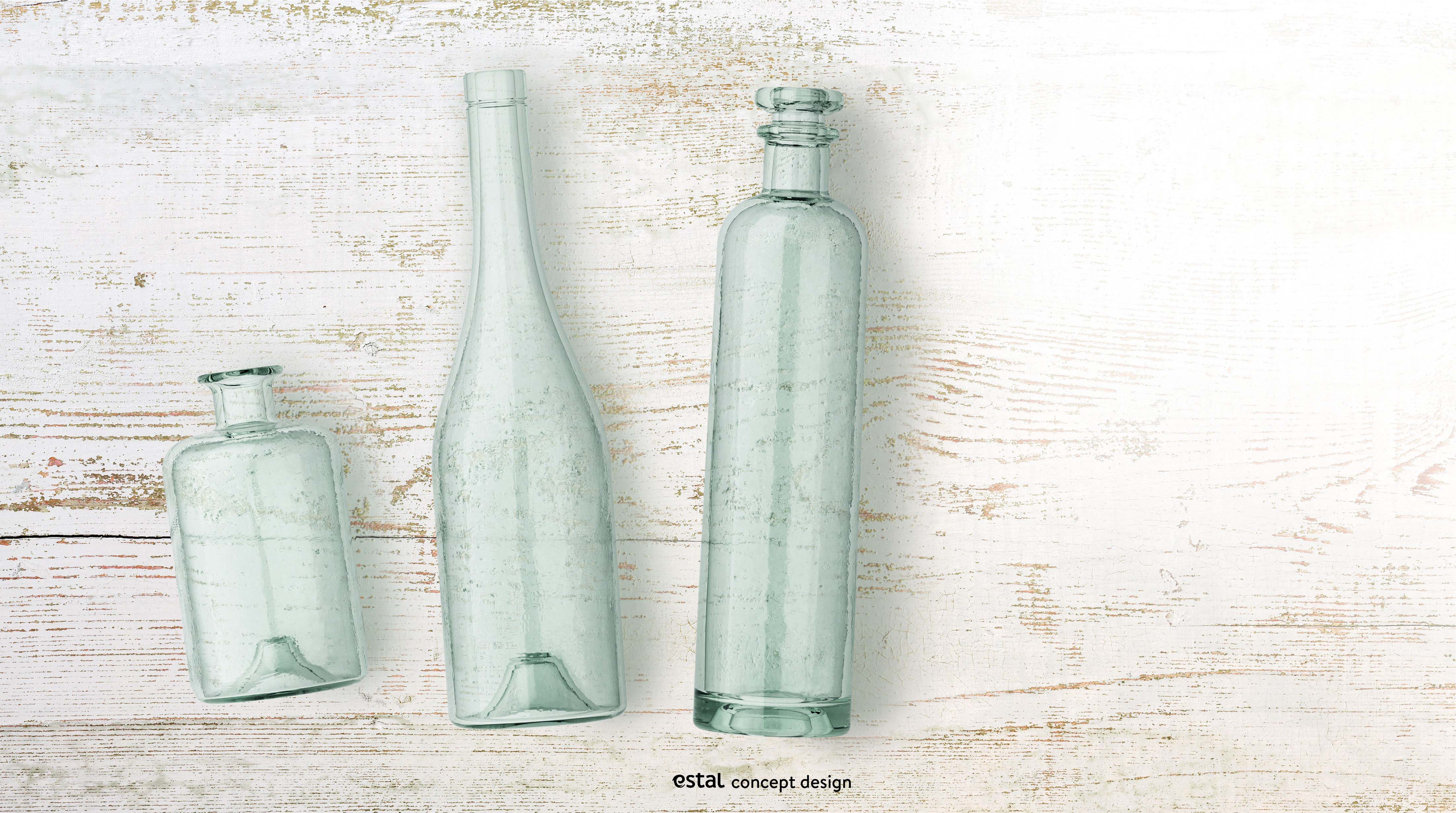7 Reasons To Create A Custom Bottle Mold
Global Package works alongside industry partners and clients to design and create custom glass bottle molds for wine, spirits and gourmet products. Together, we elevate a brand’s presence on the retail shelf, direct to consumer (DTC), and in restaurant settings. For many wine and spirit connoisseurs, the presentation is much of the enjoyment.
A finely crafted bottle can not only catch the eye of the consumer, but help tell the story of the product. It’s an often overlooked—but essential—part of the experience. From durability, to design, to touch, there is an art to producing finely made bottles. With the rise of craft beverages, custom bottles are more popular than ever.
What is the glass bottle customization process?
When crafting a custom bottle for a client project, we work with experienced designers in the United States and worldwide. Global Package collaborates with clients and designers to bring the vision to life. Read more about our customisation for wine and spirits.
With a thorough understanding of a company’s marketing strategy, Global Package helps to determine projected volume and price/cost ratios. From there, we will work step-by-step throughout the manufacturing process. This includes an evaluation of materials and timelines, as well as ensuring quality control measures are diligently followed throughout the process.
According to Global Package LLC President and CEO, Erica Harrop, there are several great reasons to consider developing your own bottle mold. She states, “The end result is a bottle that is inspired, reflecting your brand and resonating with consumers.” Additionally, Global Package offers personalized 1:1 consultations to advise and implement all parts of the packaging process.
The difference between customization and decoration
There are differences between decoration and customization of glass packaging, each playing an important role in creating captivating designs.
Decoration is the application of distinct external elements to a glass surface. These elements can include decals, silk-screens, a variety of finishes, and pewter labels. On the other hand, customization ventures beyond the surface.
Customization allows you to create a one-of-a-kind design that stands out and catches attention, transforming a plain bottle into an eye-catching work of art.
Ultimately, the combination of decoration and customization can help you create a captivating package that will be remembered and appreciated by customers. There are a number of possibilities for creating bespoke glass packaging. From completely new bottle designs to tweaking our existing selection of glass bottles, there is a wide range of creative options.

7 Reasons To Customize Your Glass Bottles With Global Package
1. Consumers drink with their senses
The on-shelf visual appeal of packaging is increased through custom bottles, as they offer a distinct and captivating aesthetic that captures consumers’ attention. People are naturally drawn to visually appealing products and a custom bottle stands out among the sea of standard packaging options.
The novelty of unique bottles adds to their appeal, as consumers are often intrigued by something new, different, and eye-catching. Custom bottles, with their unique embosses, shapes, colors, textures, and labels, provide consumers with a visual experience that further enhances their enjoyment and satisfaction when selecting and consuming their chosen alcoholic beverage.
2. Authentic Representation Of Your Brand Story
Custom packaging offers a platform for storytelling and connecting with consumers on an emotional level. You can use the bottle design and labels to communicate the history, heritage, or unique aspects of your product, creating a deeper connection with consumers.
3. Brand Differentiation
Custom packaging allows your product to stand out on the shelf and differentiates your product from your competitors. It allows you to create a unique and memorable brand identity, with the benefit of making your product easier for consumers to recognize your product.
4. Bottle As Brand Iconography
The design and aesthetics of your custom bottle contributes to the consumer perception of your brand. A well-designed custom bottle can evoke a sense of luxury, craftsmanship, or exclusivity, enhancing the perceived value of your product.
A proprietary bottle provides a distinctive iconic look for your brand. Custom bottles allow the ability to leverage a unique shape and incorporate your branding into the actual glass and provide a visual icon to accentuate your package design.

5. Memorability
Memorability is a crucial factor in building brand awareness and driving customer loyalty. Whether displayed at home or enjoyed in social settings, an intriguing or unique bottle can generate discussions among wine or spirit enthusiasts. This organic engagement further amplifies brand exposure and creates opportunities for brand advocates to share their positive experiences with a wider audience.
6. Customer-generated content
Leveraging social media, word-of-mouth marketing can be amplified when consumers are excited about the packaging and share it online. A distinct custom bottle design can leave a lasting impression on consumers, increasing the chances of them sharing their experience with others.
Why Choose Global Package for Custom Bottles?
In the world of glass packaging, Global Package stands out as a trusted partner in creating custom bottle molds that elevate brands to new heights. Global Package understands the art of producing finely made bottles. The newer glass factory options for custom glass bottles offer brands a unique opportunity to captivate consumers and leave a lasting impression.
When it comes to glass bottle customization, Global Package takes a collaborative approach with clients and designers to bring their visions to life. The result is a bottle that is not only inspired but also resonates with consumers, reflecting the brand’s identity and captivating their attention. With Global Package, you can depend on our value-added services, including personalized consultations, to implement every aspect of the packaging process.
So, why settle for ordinary when you can make your brand extraordinary with the expertise and creativity of Global Package? Choose Global Package and discover the power of customized glass bottles that stand out on the shelf, differentiate your brand, and create a lasting impression.
Global Package is located in Napa, California and Raleigh, North Carolina. We have an experienced team to provide the best custom bottles sourced from worldwide factories. We also provide stock bottles, custom shippers, glass decoration, pewter labels, and closures for the wine and spirits industry. When it comes to providing custom and specialty bottles and packaging, Global Package leads the way in finding solutions to provide a comprehensive and attractive outcome that sets a brand apart.
Get in touch with our experienced team for your next custom packaging project.

















